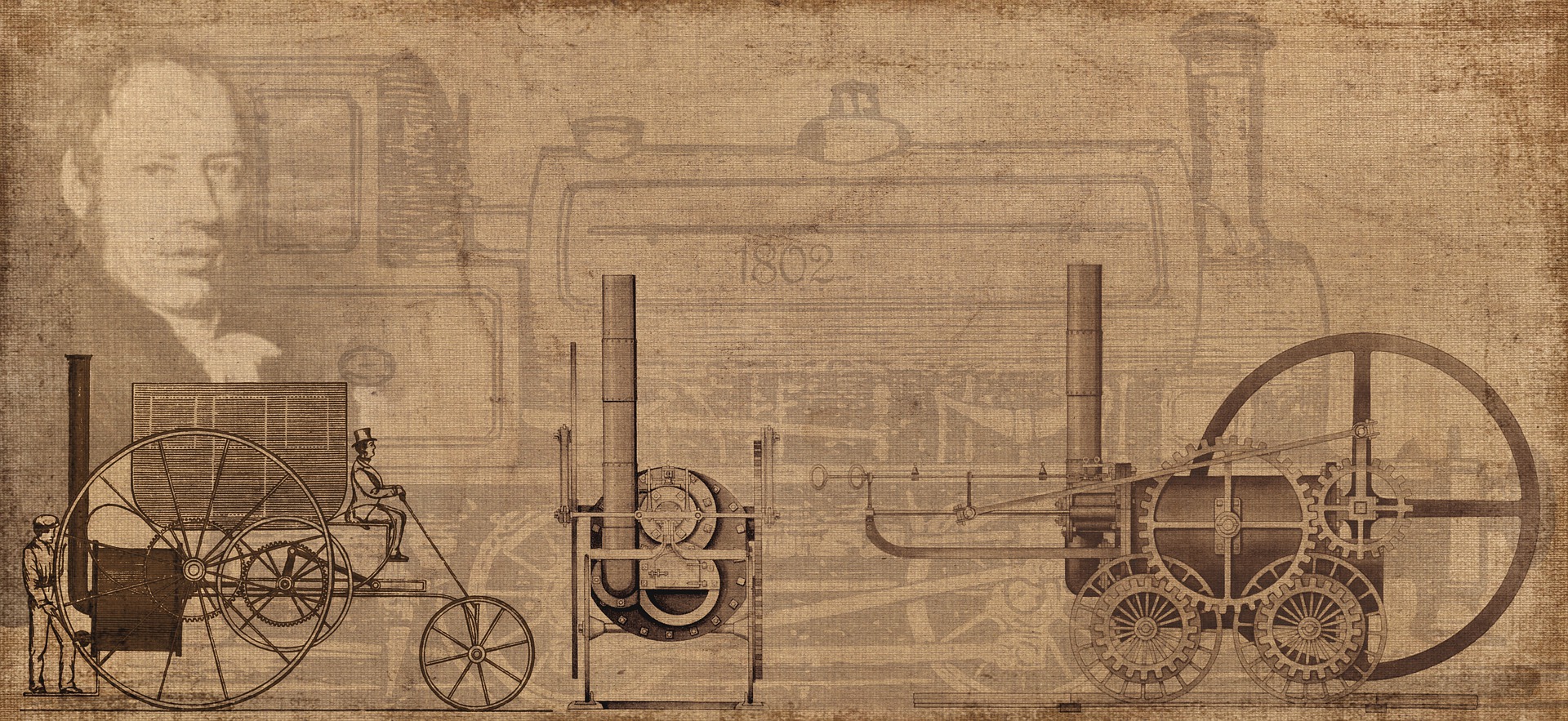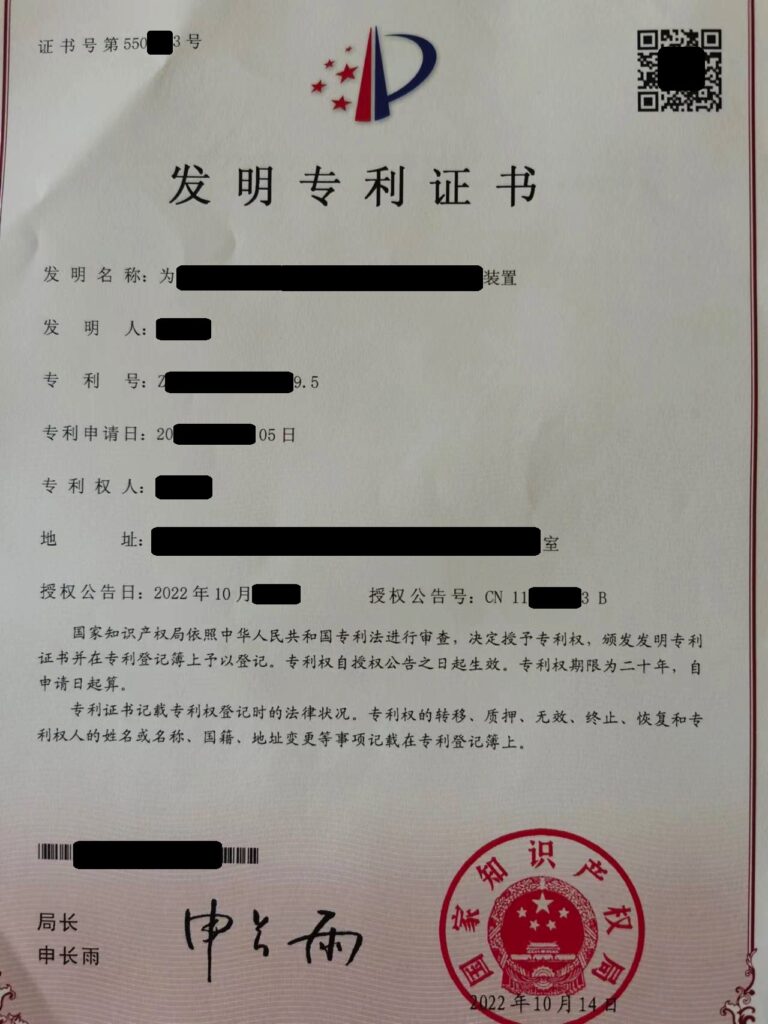seo hashtag# Patent Mississauga patent protection trademark registration Mississauga invention protection patent Toronto
Science-Oriented Patent Technical Writing Service (SOPS) – We use a new groundbreaking SOPS method to help you on your journey for patents. A good patent application requires legal knowledge and experience, but a deep understanding of technology and science in technical writing is even more critical.

We have a team with seasoned scientists, inventors, writers, and entrepreneurs with Ph.D., PostDoctoral, and M.S. Degrees and a combined 70+ years of professional experience, nearly 100 inventive patents, and 20+ years of related experience in patent and trademark writing*, granting, and protection. We also partner with additional registered patent lawyers and agents in many specific domains and practicing countries to serve your needs better. Before Aug. 10, 2023, we filed over 100 patents for our clients, various companies, and in-house inventors and never failed a single case at the time of writing.
Maybe the best technical writing for LESS in North America. Maybe the best patent technical writing for LESS in Mississauga, Toronto, and Seattle.
We can help with your technical writing for invention protection in all the major countries in the world through an independent/third-party registered patent attorney or agent. Not only can we provide maybe the best quality and fastest technical writing and/or drawing, but we also have a 100% success rate (so far) and customer satisfaction. We will complete your request within ONE MONTH—a light speed in the industry! We are also one of the most affordable on the market!
Maybe the Best Patent Technical Writing
The hidden color #26262626.
A patent is a form of intellectual property that gives its owner the legal right to exclude others from making, using, selling, and importing an invention for a limited period of years in exchange for publishing an enabling public disclosure of the invention. In most countries, patent rights fall under civil law, and the patent holder must sue someone infringing the patent to enforce his or her rights. In some industries, patents are an essential form of competitive advantage; in others, they are irrelevant.
The procedure for granting patents, requirements placed on the patentee, and the extent of the exclusive rights vary widely between countries according to national laws and international agreements. Typically, however, a patent application must include one or more claims that define the invention. A patent may include many claims, each defining a specific property right. These claims must meet relevant patentability requirements, such as novelty, usefulness, and non-obviousness.
Under the World Trade Organization’s (WTO) TRIPS Agreement, patents should be available in WTO member states for any invention in all fields of technology, provided they are new, involve an inventive step, and are capable of industrial application. Nevertheless, there are variations in patentable subject matter from country to country and among WTO member states. TRIPS also provides that the term of protection should be at least twenty years.
Patent agents represent inventors and companies in dealings with the US/Canadian Patent Office to obtain patent grants for them and advise inventors and applicants on aspects of patent law. A patent attorney (note: William Tan is not one) is a member of a specialized legal profession qualified to advise clients about patents (and usually other intellectual property rights) and assist them in obtaining patents granted by patent offices worldwide.
* Note: see above.

Please note that William Tan is not a trademark lawyer, trademark agent, patent lawyer, or patent agent (in the US/CH) at the time of this writing.







